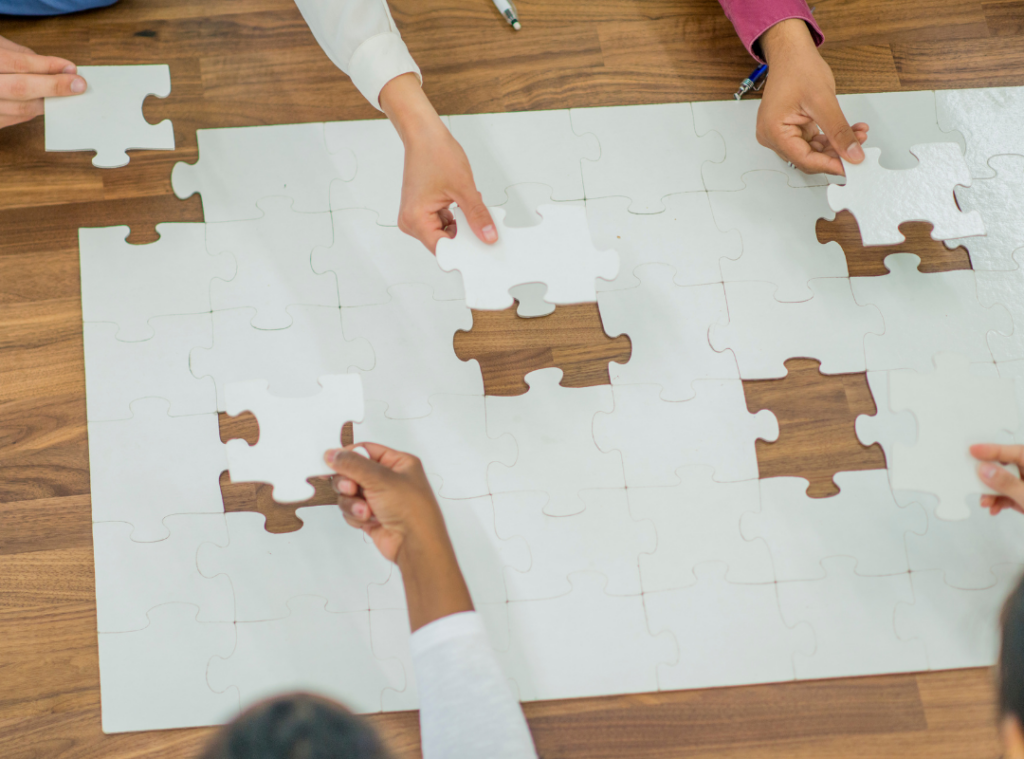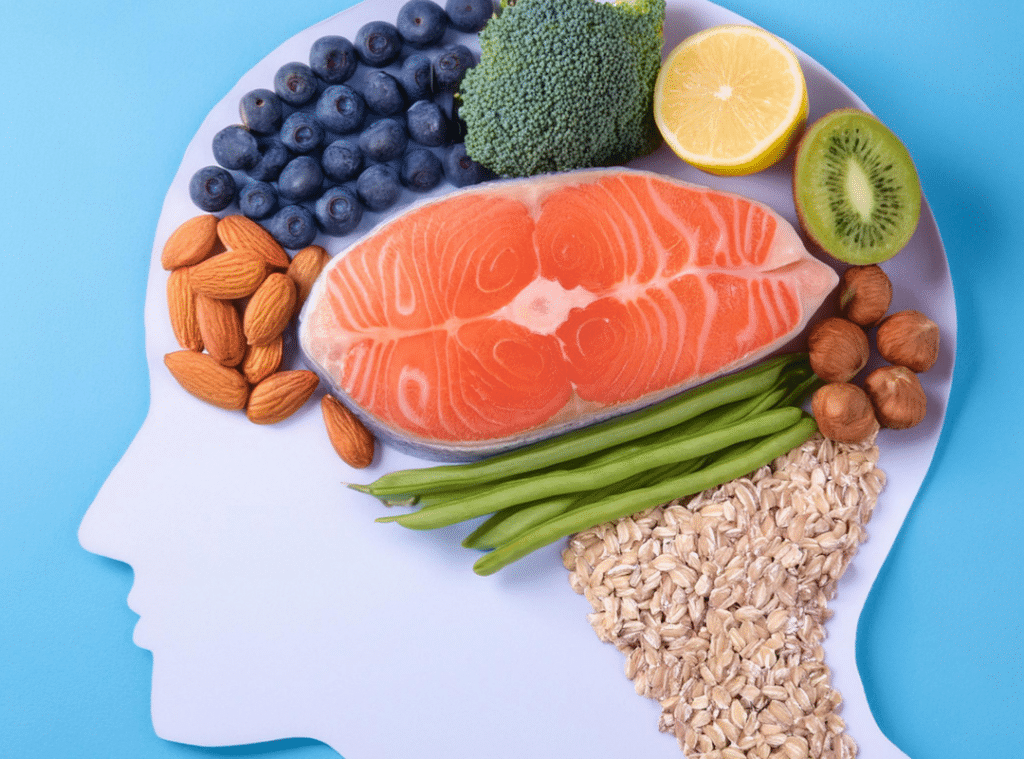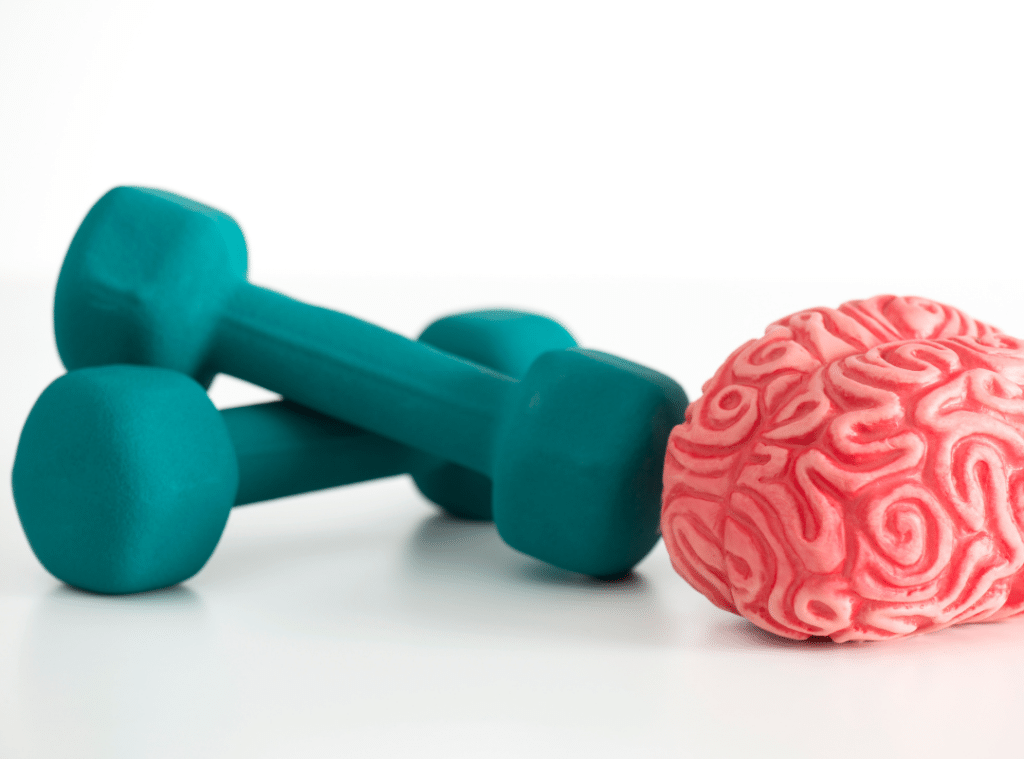Brain Fitness for Seniors: Easy Steps to Improve Mental Health
As you navigate the later years of life, maintaining brain fitness becomes increasingly essential for your mental health and cognitive vigor. At Westmont of Chico, we understand the importance of this journey and offer support through simple activities, like solving puzzles or engaging in creative arts, which can greatly enhance your memory and emotional well-being. You might be surprised by how easy it is to incorporate these practices into your daily routine. But what specific steps can you take to guarantee your brain stays sharp and engaged? Exploring the right strategies with Westmont of Chico could make all the difference in your quality of life.
Cognitive Engagement Activities
Engaging in cognitive activities is essential for maintaining brain health, especially as we age. There are a variety of cognitive games for seniors that stimulate the mind and enhance memory. These activities can be incredibly rewarding, providing mental exercise and opportunities for social interaction.
Consider incorporating memory exercises for the elderly into your routine. Simple games like matching cards or word recall challenges can strengthen your recall abilities and keep your mind sharp. Digital platforms offer many options, allowing you to play anywhere, anytime.
You might also explore strategy-based games, such as chess or Sudoku. These games improve cognitive function and promote critical thinking and problem-solving skills. Engaging in such brain fitness for seniors isn’t just about having fun; it’s a proactive way to reduce the risk of cognitive decline and enhance overall well-being.

Puzzles and Problem-Solving
While you might think of puzzles as mere entertainment, they serve as powerful tools for enhancing cognitive function and problem-solving skills. Engaging with puzzles can sharpen your critical thinking abilities and improve your mental agility. Plus, they cater to various interests and skill levels, making them accessible to everyone. Incorporating puzzles into your routine can significantly contribute to enhancing mental clarity, which is essential for maintaining overall cognitive health.
Here’s a quick table to explore different types of puzzles and their benefits:
| Puzzle Type | Benefits | Recommended For |
| Jigsaw Puzzles | Improves spatial awareness | All ages |
| Sudoku | Enhances logic and number skills | Adults and seniors |
| Crossword Puzzles | Boosts vocabulary and language skills | Word enthusiasts |
| Logic Puzzles | Challenges reasoning and critical thinking | Those seeking a challenge |
| Online Brain Games | Offers interactive problem-solving | Tech-savvy individuals |
Incorporating these brain exercises into your routine keeps your mind sharp and encourages social interactions with friends or family. So, grab a puzzle and start solving it—your brain will thank you!

Creative Expression and Arts
After sharpening your problem-solving skills with puzzles, exploring creative expression through arts can further enhance your cognitive abilities. Engaging in painting, drawing, or crafting stimulates your brain and nurtures your emotional well-being.
Art therapy has been shown to reduce anxiety and improve mood, making it an excellent tool for self-expression and mental health. Participating in group art classes fosters creativity and encourages social connections, offering a sense of community. Additionally, group sessions provide opportunities for sharing stories and forming friendships through art.
As you share your artistic journey, you’ll find that cognitive engagement through the arts can lead to increased confidence and joy. Writing is another powerful form of creative expression.
Whether you’re journaling or penning poetry, writing can sharpen your cognitive skills and enhance memory retention. It allows you to reflect on your experiences and emotions, offering a therapeutic outlet.
Incorporating creative arts into your routine isn’t just about making something beautiful; it’s about enriching your mind and soul. So, gather your materials, join a class, or simply start a project at home. Your brain will thank you!

Music and Cognitive Function
Numerous studies highlight the profound impact music has on cognitive function, making it a valuable tool for brain health, especially for seniors. When you listen to music, your brain engages in various ways, stimulating memory, attention, and emotional processing. This engagement can lead to improved cognitive function and may even slow cognitive decline.
Incorporating music into your daily routine can be as simple as creating a playlist of your favorite songs or exploring new genres. Listening to classical music has been shown to enhance brain functionality, while playing musical instruments can provide even greater benefits, fostering coordination and memory use. Music therapy also provides a holistic approach to care and nurturing mental and emotional well-being.
Additionally, singing along to familiar tunes can evoke cherished memories, promoting a sense of happiness and connection. You might also consider joining a community choir or group music class to combine the benefits of music with social interaction.

Physical Activity and Exercise
Engaging in regular physical activity is essential for maintaining brain and body health as you age. Exercise improves blood flow and reduces dementia risk, and it enhances mood and overall well-being.
You don’t have to run marathons; light-to-moderate activities like walking, swimming, or even gardening can make a significant difference.
Consider incorporating some good games for the elderly that blend physical movement with cognitive challenges. Activities like tai chi or dance classes can be both fun and beneficial.
Additionally, try these five brain exercises: brisk walking while solving puzzles in your mind, practicing balance with yoga, gardening to engage your senses, participating in group sports to foster social connections, and even simple stretching routines.
You can find free brain fitness for seniors resources online, offering guided exercises tailored to your needs.

Nutrition for Brain Health
When it comes to supporting your brain health, what you eat plays a crucial role in how well you think and remember.
Foods rich in omega-3 fatty acids, antioxidants, and anti-inflammatory properties can boost cognitive function and protect your brain.
Additionally, certain supplements can enhance your memory and overall mental performance, making nutrition a key part of your brain fitness journey.
Essential Brain Foods
A balanced diet rich in essential brain foods can greatly enhance cognitive health and overall well-being. Incorporating specific nutrients into meals is vital for the best brain fitness for seniors.
Here are four essential brain foods you should consider:
- Fatty Fish: Rich in omega-3 fatty acids, fatty fish like salmon and sardines support brain function and memory. Aim for two servings a week.
- Berries: Packed with antioxidants, berries help protect your brain from oxidative stress. Blueberries, in particular, are known for their memory-boosting benefits.
- Leafy Greens: Vegetables like spinach and kale are loaded with vitamins and minerals that promote brain health. They help reduce cognitive decline and improve overall mental clarity.
- Nuts and Seeds: These are excellent sources of healthy fats, antioxidants, and vitamin E, which are vital for maintaining cognitive function. A handful a day can make a difference.
Cognitive Enhancing Supplements
Cognitive-enhancing supplements can significantly support brain health, especially for seniors looking to maintain mental sharpness. These supplements can be essential components of your daily routine, helping to boost memory, focus, and overall cognitive function.
Among the most popular options, Omega-3 fatty acids, commonly found in fish oil, are known for their anti-inflammatory properties and ability to support brain function.
Vitamin B12 is also important, as it helps prevent cognitive decline and supports energy levels. Ginkgo biloba is another well-researched supplement linked to improved memory and cognitive speed.
Mucuna pruriens can enhance mood and motivation by increasing dopamine levels, while Semax promotes neurogenesis and aids recovery after neurological events. Each of these supplements offers unique benefits, so choosing the right one for your specific needs is necessary.
Before starting any supplement, consider consulting with a healthcare professional to verify they align with your health goals and existing medications.

Benefits of Social Interaction
Social interaction can notably boost your emotional well-being, making you feel more connected and supported.
Engaging with others fosters meaningful community connections and encourages cognitive engagement, keeping your mind active and sharp.
Embracing social activities is a key step toward enhancing your overall brain fitness.
Enhances Emotional Well-being
Connection plays an essential role in enhancing emotional well-being, especially for seniors. Engaging with others lifts your spirits and fosters a sense of belonging.
Here are four key benefits of social interaction that can enrich your life:
- Reduced Loneliness: Regular social connections help combat feelings of isolation, promoting a healthier mindset.
- Improved Mood: Interaction with friends and family releases feel-good hormones, boosting your happiness and emotional resilience.
- Enhanced Cognitive Function: Socializing stimulates your brain, keeping your mind sharp and engaged through shared conversations and activities.
- Increased Support: Building a network of supportive individuals provides comfort during tough times, making challenges feel more manageable.
Fosters Community Connections
Building community connections can greatly enhance your quality of life as a senior. Engaging in social interactions not only combats loneliness but also fosters a sense of belonging. When you participate in community activities, whether joining a local gardening group or attending a cooking class, you’re not just learning new skills but building relationships that can uplift your spirit.
These connections are essential. They provide opportunities to share experiences, exchange ideas, and even collaborate on projects, enriching your life and benefiting those around you. By volunteering your time or skills, you serve others, creating a ripple effect of kindness and support that strengthens your community.
Moreover, social engagement has been linked to improved mental health, helping to reduce stress and anxiety. Connecting with others stimulates your mind and heart, opening doors to new friendships and experiences.
Encourages Cognitive Engagement
Engaging in meaningful interactions with others can greatly boost your cognitive engagement and mental sharpness. Social interaction stimulates your brain, keeping it active and alert. Connecting with others enhances your critical thinking and memory skills, making every conversation a chance to learn.
Here are some effective ways social engagement can benefit your cognitive health:
- Group Activities: Participating in group exercises, games, or classes can enhance your problem-solving skills and memory.
- Shared Hobbies: Engaging in activities like cooking, gardening, or crafting with others encourages creativity and strengthens your mental faculties.
- Book Clubs: Discussing literature with peers sharpens your analytical skills and boosts your vocabulary.
- Volunteer Opportunities: Helping others enriches their lives and keeps their minds active and engaged.
Brain fitness activities in your daily routine can transform your mental health. Whether it’s solving puzzles on a rainy afternoon or sharing stories in a book club, these simple steps sharpen your mind and foster connections. Coincidentally, as you nurture your cognitive abilities, you’ll likely notice improvements in your overall well-being. So, embrace these engaging activities, savor nutritious meals, and enjoy the beauty of social interactions — your brain deserves it! For more information on brain fitness programs, contact Westmont of Chico at 530-767-3886.
Dive into the vibrant life our Westmont communities have to offer.Find Where You Belong
Questions on Brain Health for Seniors
- What is the best brain booster for seniors?
The best brain booster for seniors is maintaining a healthy lifestyle that includes a balanced diet rich in antioxidants, omega-3 fatty acids, and essential vitamins like B12 and D. Activities such as regular exercise, engaging in mentally stimulating games, and maintaining strong social connections also play a crucial role in boosting brain health. - What is the number one exercise for the brain?
Learning something new, such as a language, musical instrument, or hobby, is considered one of the best exercises for the brain. These activities challenge the mind, improve memory, and enhance cognitive flexibility, keeping the brain active and resilient. - Are there any free brain games for seniors?
Yes, many free brain games are available online and as apps, such as Sudoku, crossword puzzles, and memory-matching games. Websites like Lumosity, BrainCurls, or apps like Elevate offer free versions of their brain training programs tailored to seniors. - How to improve brain function in seniors?
To improve brain function, seniors should focus on regular physical activity, a healthy diet, quality sleep, and reducing stress through mindfulness or meditation. Staying socially engaged and participating in activities challenging the mind, like puzzles or creative tasks, also significantly contribute to cognitive health.








